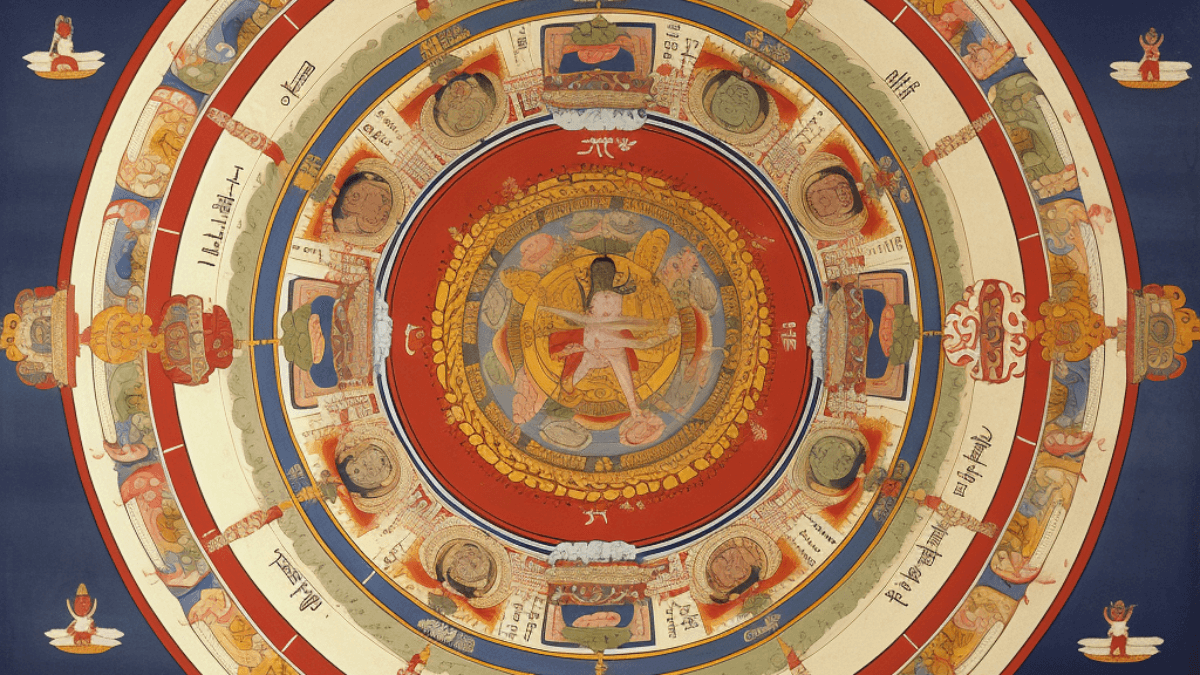In its preference for familiarity and the comfortable middle ground, the homeostatic self relates to the present in terms of the past. It is like a graveyard of obsolete experiences and foregone conclusions. Then the Erotic mind blows in—this raw, unimpeded life force—disturbing the graves and raising the dead. It is scary. Eros is inherently destabilizing. The identity feels threatened by the energy of Eros in its free-floating state. Our first attempt to restore order is usually to supply a direct object as an anchor: a specific person, thing, or condition desired.
As our mind begins the calculus of acquisition, we may hear a variety of voices telling us to turn back. This signals that the object lies outside our current bandwidth. We may explain our anxiety by telling ourselves stories about the dire consequences of pursuing or attaining the object. But the stories are an afterthought; what unsettles us so greatly is not so much the object of desire as the energy of Eros itself in its free-floating state. Free-floating Eros—desire that has not fixated on an object—is the most poignant of pleasures. We feel awakened, thrilled, and fully alive.

Yet, something in us cannot wait for the thrill to be over, for Eros to depart and allow us to return to normal. Pleasure is as hard for us to endure as pain. Perhaps even more so. Somehow, it is easier for us to dwell on our complaints than to linger over our delights. Complaints reinforce our boundaries while desire blows holes in them. To yearn is to admit our identity is incomplete and our conclusions inconclusive.
This is what desire itself desires: It wants to break up the solidified self and bring us back into a fluid state so we are in closer alignment with how nature works. It wants to free us from the layers of familiar thought we have come to mistake for who we truly are.
When we believe desire is caused by its object, only that particular object will do. Nothing else appeals to us. Nothing else has the power to delight us.
We become single-minded and inflexible in our obsession with acquiring it. The gap between desiring and attaining fills up with agitation. If we are severely fixated, we may end up harming ourselves, others, or even the object itself with the forcefulness of our grasping. We forget that we ourselves have cast the spell that is enchanting us, that we gave the object the power it seems to wield.
All of the harms that get blamed on desire—overindulgence, craving, addiction, obsession, exploitation, greed—can be traced to this fundamental confusion. When we get into a harmful state like craving or addiction, we experience ourselves as out of control. The paradox is: Fixation arises from being too controlling. Desire has a quality of leaning forward, of moving out of ourselves, out of a sense of static self-sufficiency. Something in us is afraid of losing our balance if we lean out too far; it’s as if we are trying to steady ourselves by grasping onto the object of our desire. Fixating is a way of making the situation stable and predictable.